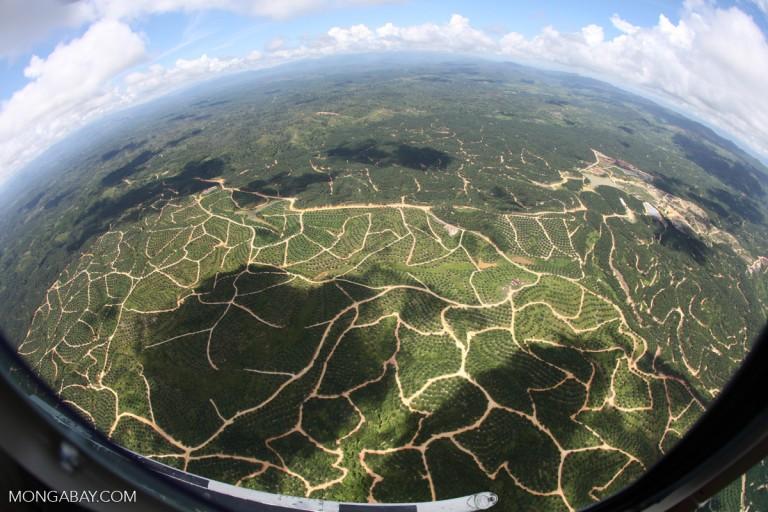In the summer of 2016, two of the world’s largest producers of palm oil, which is found in everything from lipstick to margarine, lost the ability to market what they sold as certified by the Roundtable on Sustainable Palm Oil, the world’s largest association for ethical production of the commodity.
The companies had been responsible for nearly a fifth of the global supply of RSPO-certified palm oil, which is increasingly sought after as corporate palm oil users commit to purge their operations of environmental destruction and human rights abuses, ills often associated with the industry. The subsequent strain on supply sent prices for the premium stuff soaring.





